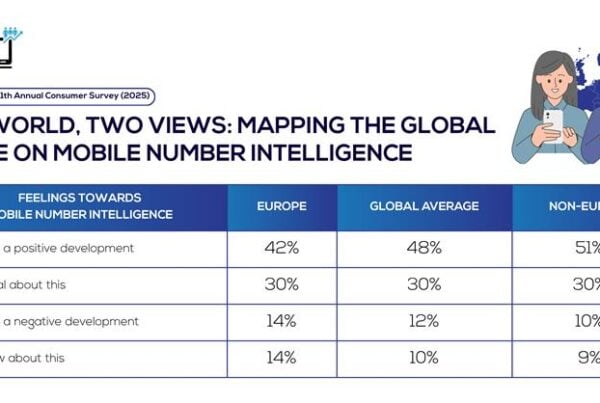Mexico’s sweeping telecom reform proposal has sparked controversy at home and abroad. Aimed at centralizing digital oversight and boosting sovereignty, it also threatens to dismantle independent regulation, breach USMCA commitments, and shake investor confidence. Dario Betti unpacks the reform’s key provisions, trade implications, and the far-reaching consequences for the mobile and digital ecosystem.
Mexico’s proposed overhaul of its telecommunications framework has ignited a multifaceted debate. While the initiative seeks to modernize the nation’s digital infrastructure, it raises critical questions about regulatory independence, adherence to international trade agreements, and the potential ripple effects on the mobile ecosystem.

Key Provisions of the Reform
The legislative proposal, introduced in the Mexican Senate, encompasses several significant changes:
- Dissolution of the Federal Telecommunications Institute (IFT): The reform plans to replace the autonomous IFT with a new Digital Transformation and Telecommunications Agency under executive control.
- Content Regulation: It introduces measures to restrict foreign political or ideological content without prior government authorization.
- Platform Oversight: The proposal grants the government authority to block digital platforms on broad grounds such as national security or public interest, without clear judicial oversight.
These changes aim to centralize control over telecommunications and digital services, purportedly to streamline operations and enhance national sovereignty.
While Mexico’s ambition to modernize its telecommunications infrastructure is commendable, it is imperative to balance national objectives with international obligations and the principles of regulatory independence. ”
Concerns Over Regulatory Independence
The elimination of the IFT, an institution established in 2013 to ensure impartial oversight of Mexico’s telecommunications sector, has raised alarms among experts and international observers. The Center for Strategic and International Studies (CSIS) notes that the proposed legislation likely contravenes Chapter 18 of the USMCA, which mandates that signatories maintain regulatory bodies independent of service suppliers.
The IFT has been instrumental in fostering competition and reducing consumer prices in the telecom sector. Its dissolution could reverse these gains, leading to decreased investor confidence and potential market monopolization.
Implications for International Trade Agreements
The reform’s provisions may conflict with Mexico’s obligations under the United States-Mexico-Canada Agreement (USMCA). Specifically:
- Non-Discrimination: The restriction of foreign content could violate USMCA provisions that prohibit discrimination against foreign service providers.
- Data Flow and Digital Trade: Granting the government authority to block digital platforms may infringe upon commitments to ensure the free flow of data and digital trade across borders.
These potential conflicts have prompted concerns about possible trade disputes and retaliatory measures from Mexico’s trading partners.
Industry and Expert Reactions
The Institute for Telecommunications Law (IDET) has expressed strong opposition to the reform, warning that it could lead to censorship and undermine Mexico’s commitments under the USMCA. IDET emphasizes that centralizing regulatory power within the executive branch threatens the impartiality and effectiveness of telecommunications oversight.
Similarly, the IFT has cautioned that the proposed changes could disrupt the regulatory framework that has successfully enhanced competition and service quality in Mexico’s telecommunications sector.
Potential Impact on the Mobile Ecosystem
For stakeholders in the mobile ecosystem, the reform could have several adverse effects:
- Operational Uncertainty: The centralization of regulatory authority may lead to inconsistent policy implementation, affecting service providers’ ability to plan and invest.
- Market Entry Barriers: Increased government control and potential content restrictions could deter foreign investment and limit the diversity of services available to consumers.
- Innovation Stifling: The potential for censorship and arbitrary platform blocking may hinder innovation and the development of new digital services.
These factors could collectively impede the growth and dynamism of Mexico’s mobile and digital sectors.
Conclusion: Balancing Sovereignty and Global Commitments
While Mexico’s ambition to modernize its telecommunications infrastructure is commendable, it is imperative to balance national objectives with international obligations and the principles of regulatory independence. Ensuring transparent, impartial, and consistent regulatory practices is crucial for maintaining investor confidence, fostering innovation, and upholding the integrity of international trade agreements.
As the reform progresses through legislative channels, continued dialogue among policymakers, industry stakeholders, and international partners will be essential to navigate the complexities and ensure that Mexico’s digital transformation aligns with both domestic aspirations and global standards





